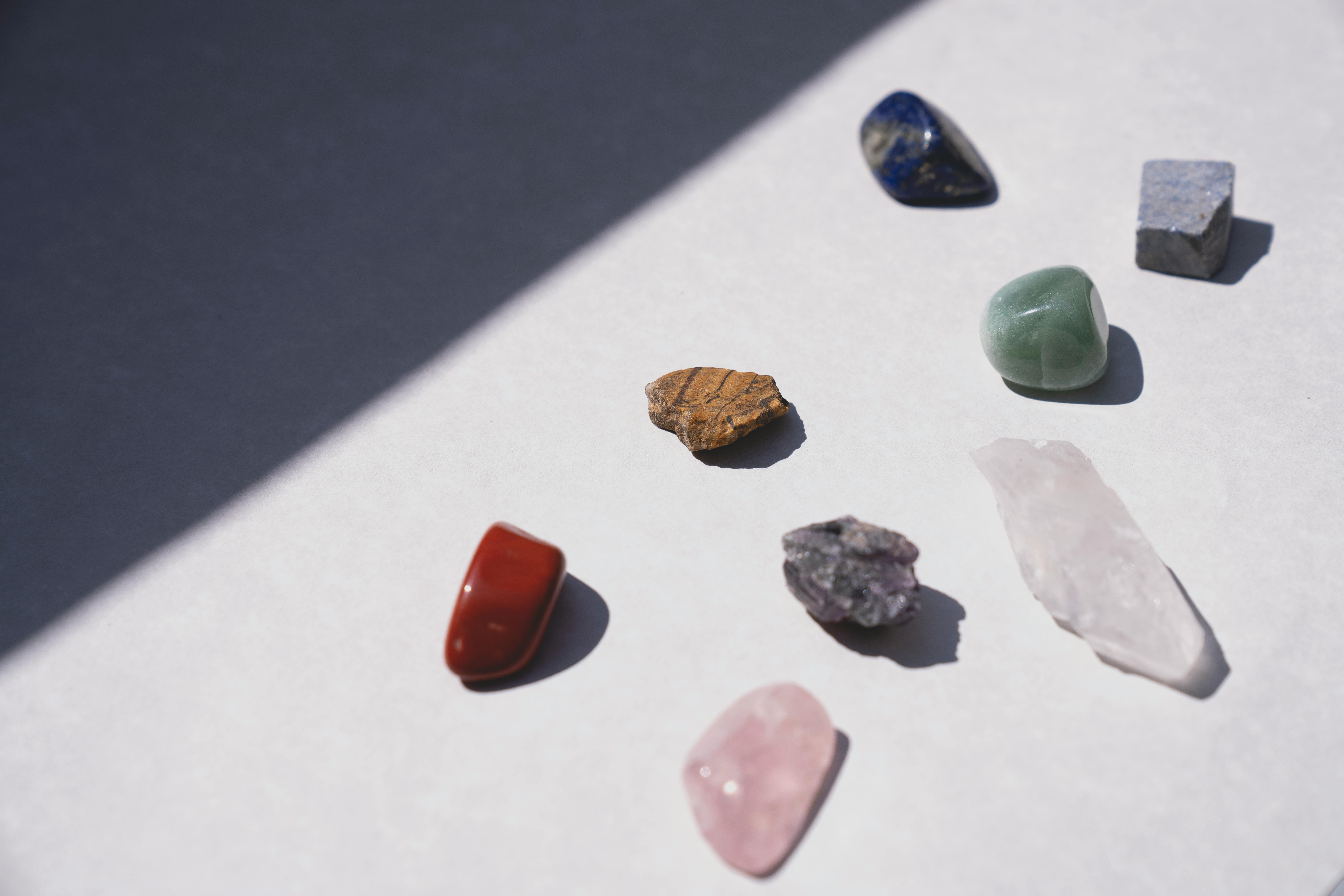
India has prolonged the bidding process for deep-sea blocks abundant in critical minerals, essential for electric vehicle batteries and various other products, according to a Reuters report.
The auction, originally scheduled to conclude earlier, will now remain open until May 1.
This extension, as announced by a spokesperson from India’s Ministry of Mines, aims to provide potential bidders with additional time to assess the blocks and prepare their proposals.
Hope to attract investments
These deep-sea blocks contain valuable minerals such as cobalt, nickel, and manganese, which are crucial for the rapidly growing electric vehicle industry and other high-tech sectors.
By extending the auction, India hopes to attract significant investment and expertise for the exploration and extraction of these critical minerals, bolstering its domestic supply chain and reducing dependence on imports.
China plays a dominant role in the global supply chain of critical minerals, being a leading producer for 30 out of the 50 minerals deemed critical by the US Geological Survey.
These minerals are essential for various high-tech industries, including renewable energy, telecommunications, and defense.
However, the geopolitical landscape has introduced uncertainties in the availability of these resources.
Rising trade tensions between Beijing and Washington have led to China implementing export controls on certain critical minerals.
This strategic move is seen as a way for China to leverage its control over these vital resources to gain an advantage in trade negotiations and protect its domestic industries.
First phase of auction
In November, India initiated the first phase of an auction for 13 offshore deep-sea mineral blocks.
These blocks encompass a diverse range of resources, including three blocks rich in lime mud, three blocks containing construction-grade sand, and seven blocks containing polymetallic nodules.
This auction represents a significant step in India’s efforts to tap into the potentially vast mineral wealth of its offshore territories.
Lime mud, a byproduct of the sugar industry, has various applications in agriculture and construction.
Construction sand, as the name suggests, is a crucial raw material for the construction sector.
Polymetallic nodules, on the other hand, are potato-sized concretions found on the seabed that contain a variety of metals, including manganese, cobalt, nickel, and copper.
The blocks contain critical minerals including cobalt, copper, manganese, and nickel, according to the report.
The ministry spokesperson confirmed that the initial bid deadline of February 27 was moved to April 2, and has been further extended.
The auction has faced opposition from political parties in India and local fishermen in Kerala, who are concerned about potential environmental damage.
The Indian mines ministry consulted with the environment ministry, department of fisheries and others before launching the auction. This was stated earlier this month in a written reply to parliament from the mines minister.
Not ready?
Experts say that India currently lacks the expertise needed to extract minerals through seabed mining.
Reuters reported last month that some Indian mining and cement companies have contacted Dutch shipbuilder Royal IHC for technical assistance as they get ready to bid for deep-sea blocks.
Additionally, New Delhi has not been very successful in its onshore critical minerals auction, with only about half of the 48 blocks awarded to bidders.
Despite this, India is eager to speed up seabed mineral exploration to secure the raw materials needed for its energy transition.
India, the world’s third-largest emitter of greenhouse gases, is aiming to achieve net-zero emissions by 2070.
To reach this goal, the country plans to increase its renewable energy capacity from 165 GW to 500 GW by 2030.
The post Why India has pushed deep-sea mineral auction deadline to May 1 appeared first on Invezz

